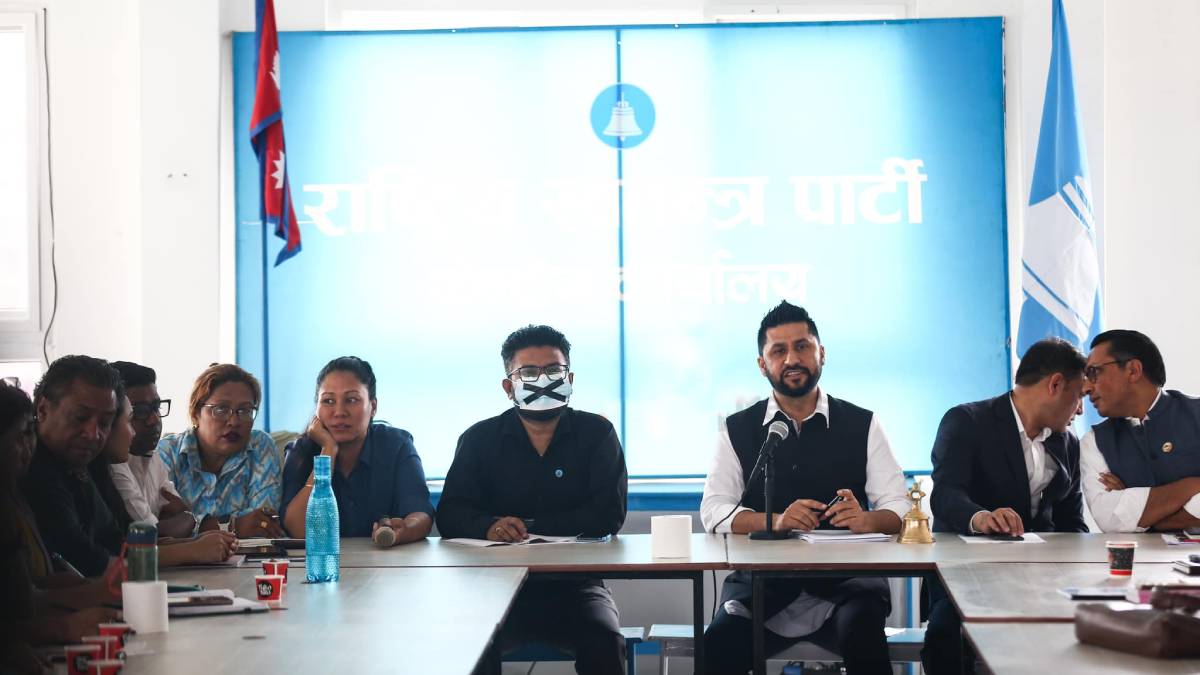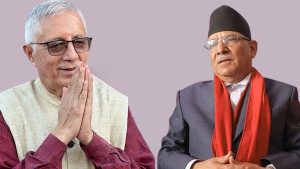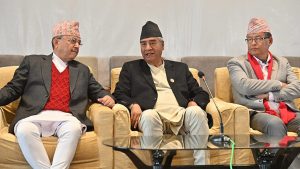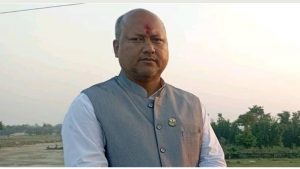
Key Concerns Raised by RSP’s Mukul Dhakal in His Controversial Report

In a bold move that has rocked the Rastriya Swatantra Party (RSP), General Secretary Mukul Dhakal has divulged findings from his extensive study on the party’s internal dynamics to the media before presenting them to party leadership. The report, which paints a bleak outlook for the party’s future and its prospects in the 2027 elections, identifies critical shortcomings and proposes sweeping reforms. Dhakal’s analysis, based on consultations with party leaders and cadres across 38 districts, highlights several pressing issues:
(1) Training Deficiencies: Dhakal underscores significant gaps in training for party organization, political discourse, and leadership skills. He recommends an immediate and comprehensive training program led by experienced trainers. These trainers should develop detailed training materials within three months and initiate a nationwide training campaign.
(2) Communication and Coordination Challenges: The report exposes severe communication breakdowns, with central leaders often inaccessible and focusing more on personal matters during regional visits instead of engaging with local committees. Dhakal calls for improved communication practices and urges leaders to notify local committee heads and district leaders about their visits to enhance overall coordination.
(3) Accessibility Issues of Ministers and Leaders: Members have voiced concerns about the inaccessibility of ministers and key leaders. Dhakal proposes that ministers dedicate half a day each week to meet with party members, focusing on substantive national issues rather than superficial engagements.
(4) Inadequate Grievance Management: The report criticizes the party’s approach to handling grievances, which is often confined to specific departments. Dhakal advocates for a collective responsibility model, directing all communications (emails, WhatsApp, Viber messages, and letters) to appropriate committees or leaders. He also recommends implementing a roster system to ensure timely resolution of grievances.
(5) Lack of Consultation in Appointments: Dhakal notes a lack of consultation with local committees and districts in the appointment of central committee members and department heads. He suggests adopting a consultative approach to ensure balanced representation from both permanent and temporary residents.
(6) Absence of Speaking Guidelines: The report highlights the absence of guidelines for party members and leaders on public speaking. Dhakal recommends establishing clear communication channels and utilizing the party’s mobile application for better information dissemination and dialogue.
(7) Neglect of Regional Responsibilities by Central Leaders: There have been complaints about central leaders neglecting their regional responsibilities. Dhakal proposes developing a specialized system based on expertise and geographical distribution to effectively manage these duties.
(8) Accountability Issues and Factional Politics: The report identifies shortcomings in evaluating party members’ performance and enforcing disciplinary actions for non-compliance with directives, leading to the rise of factional politics. Dhakal calls for a robust performance evaluation system at both central and local levels to address these issues.
(9) Insufficient Consultation in Decision-Making: Dhakal criticizes the party’s decision-making process for lacking adequate consultation with local leaders. He emphasizes the need for regular and meaningful consultations between central and local leaders to build trust and prevent misunderstandings.
(10) Concentration of Authority in the Party President: Concerns are raised about the concentration of authority in the party president’s hands, compounded by the president also serving as the home minister. Dhakal suggests redistributing roles to prevent centralization of power and responsibilities.
(11) Underutilization of the Deputy Speaker’s Position: Dhakal observes missed opportunities in leveraging the political potential of the Deputy Speaker. He recommends a strategic approach to maximize the benefits of this position.
(12) NGO-Like Functioning of the Party: The report critiques the party for resembling a non-governmental organization (NGO) rather than a political entity, diluting its political culture and strategy. Dhakal urges a renewed focus on core political principles and strategic goals.
(13) Action Over Rhetoric: Leaders’ tendency to prioritize rhetoric over action has eroded public trust. Dhakal stresses the importance of making promises cautiously and following through with concrete actions to rebuild credibility.
(14) Internal Communication of Party Decisions: The report emphasizes the need for internal communication channels to disseminate party decisions effectively among leaders at all levels, maintaining coherence and trust within the party.
Dhakal’s controversial report has sparked intense debate within the RSP, underscoring critical areas needing immediate attention and reform. As the party prepares for the challenges of the 2027 elections, its future strategies and leadership dynamics face significant scrutiny.














Comments